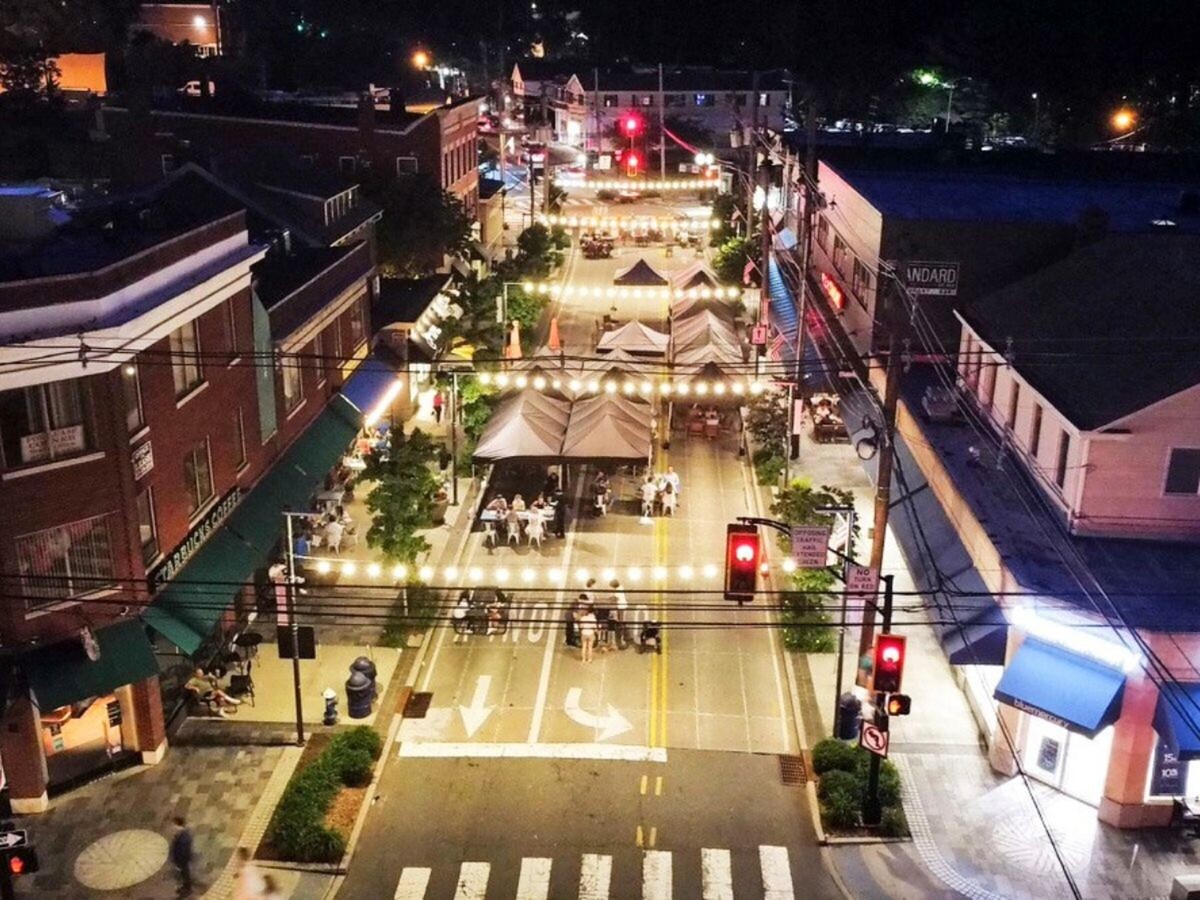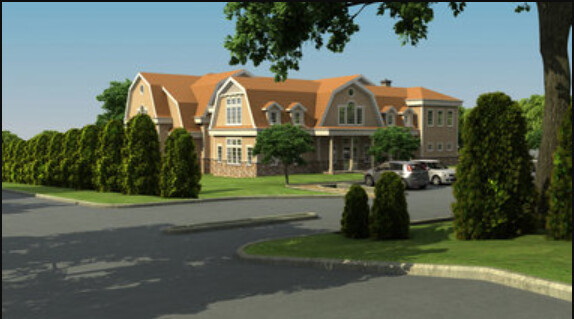Image


The U.S. Attorney’s Office for the District of New Jersey and the Justice Department’s Civil Rights Division have filed a statement of interest in a religious land use case, backing an Orthodox Jewish congregation in Millburn Township. This action underscores the federal government's commitment to protecting religious freedoms and ensuring fair application of the Religious Land Use and Institutionalized Persons Act (RLUIPA).
The federal government has taken a decisive stance in the case of Chai Center for Living Judaism v. Township of Millburn. The lawsuit, which centers on the denied application to build a synagogue, raises critical questions about religious freedom and land use. The congregation argues that the township's decision imposes a substantial burden on their religious exercise and amounts to discrimination.
U.S. Attorney Philip R. Sellinger emphasized the commitment to "ensuring that all religious communities... have the ability to worship freely and without discrimination."
This statement aligns with Assistant Attorney General Kristen Clarke's remarks, highlighting RLUIPA's role in preventing unjust barriers for religious groups in establishing places of worship.
The statement of interest from the federal authorities argues that the township's motion to dismiss the RLUIPA claims, based on a state-law standard, is inappropriate. It asserts that the congregation's claims should be evaluated under RLUIPA's specific statutory elements, and that state-law standards of review are not applicable in this context. The statement also contends that the case is ripe for adjudication in federal court, given the final decision on the zoning application.
This intervention is part of a broader initiative by the Justice Department to combat religious discrimination and ensure compliance with RLUIPA. The Place to Worship Initiative, launched in 2018, focuses on protecting the rights of religious institutions. Previous interventions under this initiative include cases involving antisemitism and other forms of religious discrimination in various New Jersey locations.
 The proposed Chai Center as seen from Old Short Hills Avenue in Short Hills
The proposed Chai Center as seen from Old Short Hills Avenue in Short HillsThe case, with Assistant U.S. Attorney Susan Millenky and Trial Attorneys from the Civil Rights Division's Housing and Civil Enforcement Section representing the government, highlights the ongoing effort to uphold religious freedoms and fair land use practices. For those facing discrimination in land use or zoning decisions, the U.S. Attorney’s Office Civil Rights Division and the Civil Rights Division’s Housing and Civil Enforcement Section offer channels for reporting and seeking assistance.
This case represents a critical juncture in the ongoing dialogue about religious freedom, land use, and the application of federal law. It underscores the government's role in safeguarding these fundamental rights and sets a precedent for how religious land use disputes might be approached in the future.